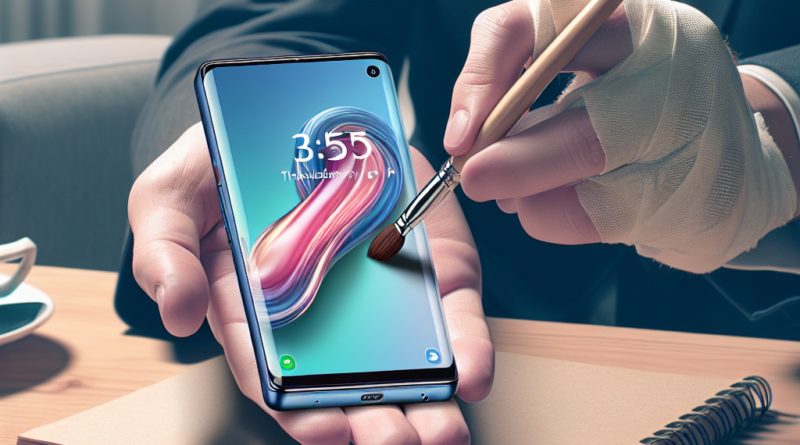Farewell Smartphones: Dumbphones Are the New Frontier of Technology
The Resurgence of Dumbphones: A Return to Simplicity
In a time where smartphones dominate the market, there is a growing trend towards a simpler and more minimalist approach to communication with the resurgence of dumbphones, popular in the late ’90s and early 2000s.
Those who choose to use dumbphones are saying goodbye to the constant distractions and invasiveness of smartphones in favor of a more mindful and healthy communication experience.
Are Dumbphones the New Technological Frontier?
It might be too soon to tell, but dumbphones, with their basic features such as calls, SMS, and limited additional functions, could potentially revolutionize the way we view technology.
While smartphones continue to evolve with endless apps and internet connectivity, the rise of dumbphones could signal a shift towards a more minimalist tech lifestyle.
The rise in sales of nostalgic-looking phones has already caught the attention of the fashion world, with collaborations like the “Boring Phone” presented during Milan Design Week, a sleek device that prides itself on doing nothing more than making calls and sending texts.
What Defines a Dumbphone?
A dumbphone, as the name suggests, is a mobile device that offers only essential functions such as calls, texts, and basic map usage.
In contrast to smartphones, which are filled with apps and online connectivity, dumbphones intentionally lack access to social media, emails, and other digital distractions, aiming to simplify and reduce the complexity of modern devices.
Designed to be straightforward and devoid of the features that make smartphones both beloved and pervasive, dumbphones offer a return to a more intentional and less distracting tech experience, especially crucial in combating issues like decreased productivity and increased digital distraction, particularly among younger users.
Why the Resurgence of Dumbphones? The Need to Bid Farewell to Smartphones
The resurgence of dumbphones is driven by various factors, primarily the escalating concerns surrounding digital addiction.
Studies, such as those from Harvard University, have shown that social media usage triggers the same brain areas linked to substance dependency, prompting many, especially the youth, to seek alternatives to reduce their screen time.
Research over time has linked social media use to negative effects on mental health, particularly among children and adolescents.
With a quarter of UK children aged five to seven owning smartphones, according to Ofcom, there are mounting concerns among mental health experts, leading some to opt for dumbphones as a way to protect the younger generation.
While the shift to dumbphones is not exclusive to the young, with many adults embracing these devices to enhance the quality of their time, the sales of dumbphones are notably on the rise, especially in North America.
For those who struggle to completely part ways with smartphones, hybrid solutions like Unpluq offer a wireless way to block certain apps, such as social media, striking a balance between the benefits of connectivity and the need to limit distractions.
The nostalgic allure of dumbphones, reminiscent of the phones from the ’90s, plays a significant role in their comeback, appealing to users seeking a simpler and more mindful tech experience.




